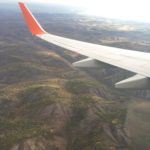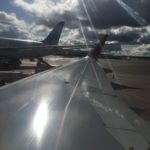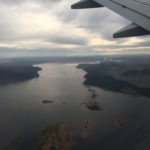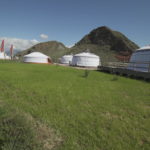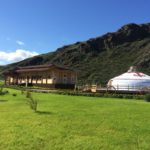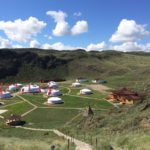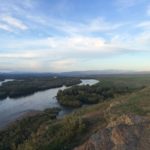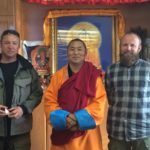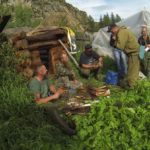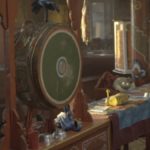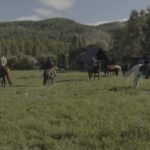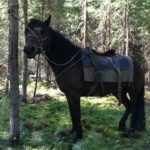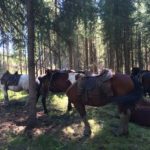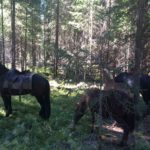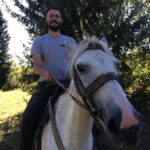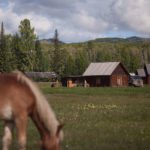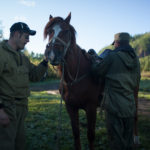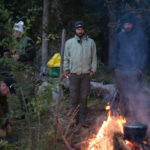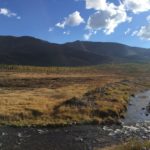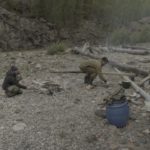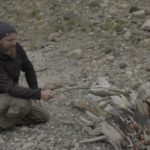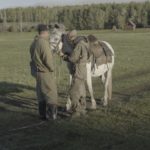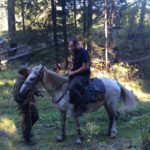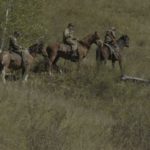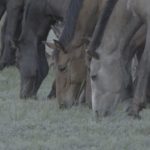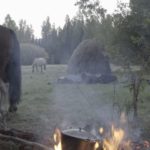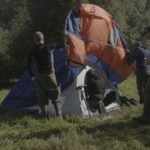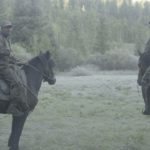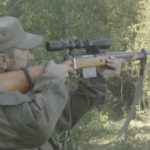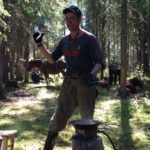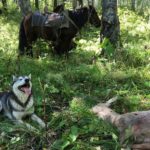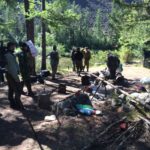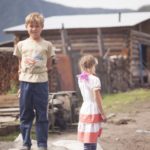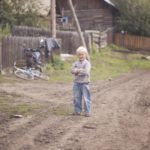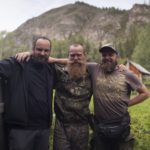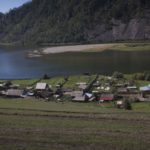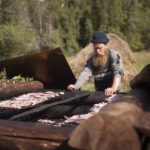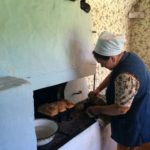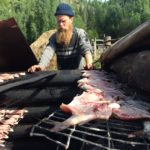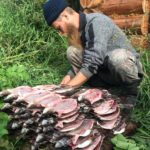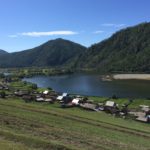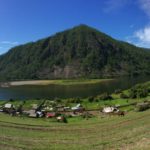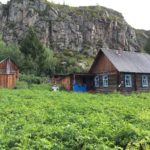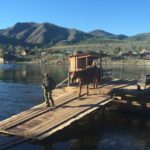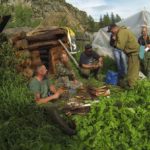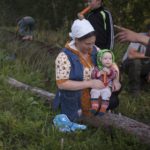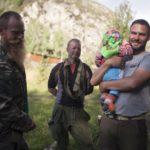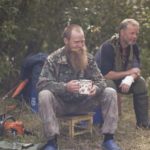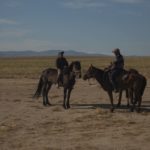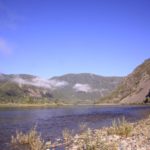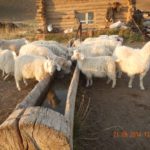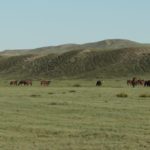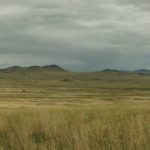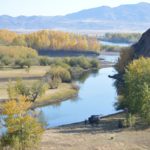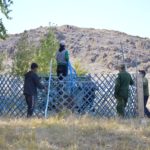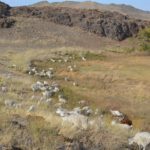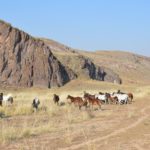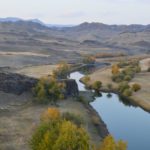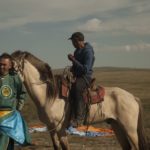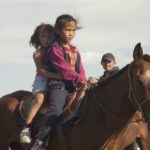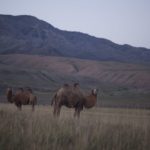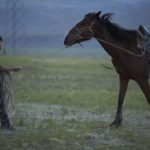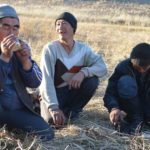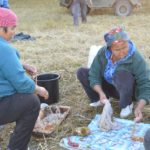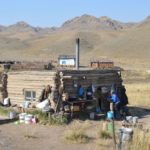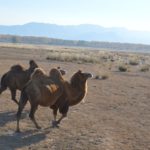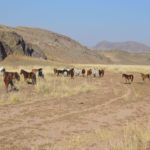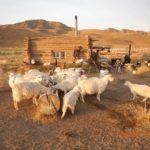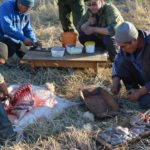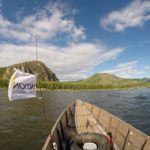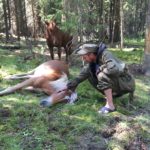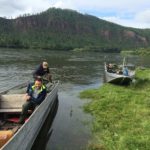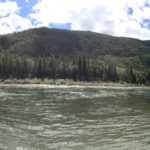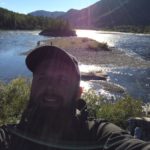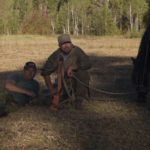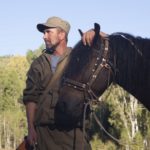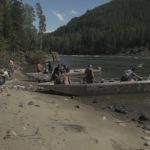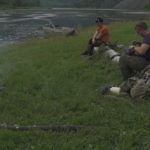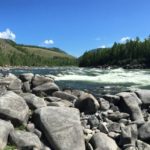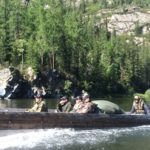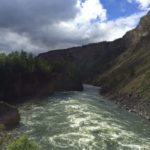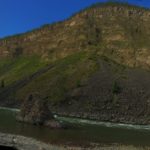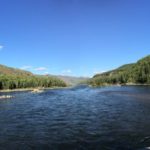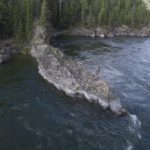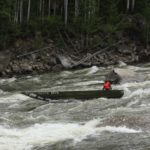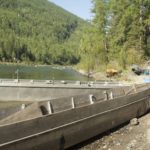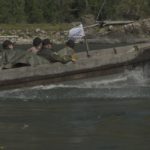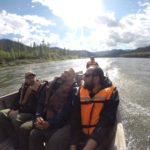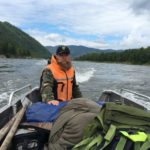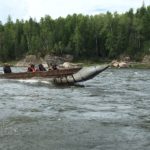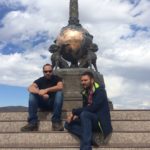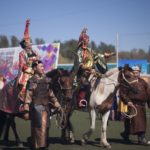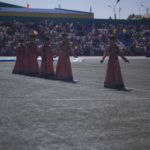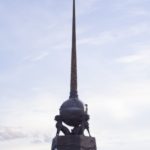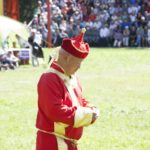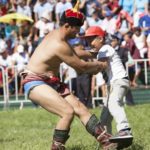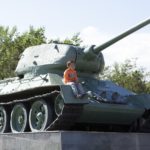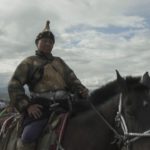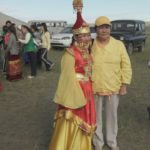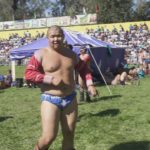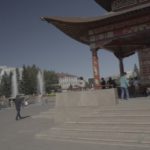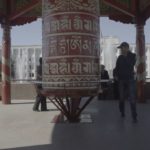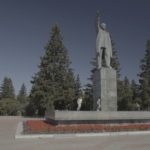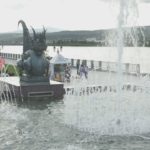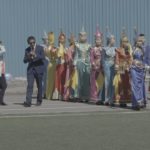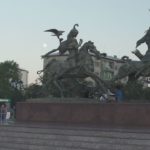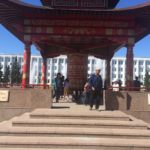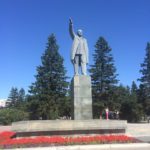- Country:
- Russia
- Language
- Tuvanese, Russian
- Population
- 307 930
- Area
- 170 500 km²
Horse riding expedition – Siberia, Central Asia
Siberia is undoubtedly one of the places on earth where tourists come very rarely.
Why is it that Siberia does not experience the siege of tourists despite its beautiful and varied nature?
The answer is simple. 12 million km² of wild taiga, tundra, mountains and steppes. There is practically no infrastructure in these areas and there are hardly no resorts with thousands of visitors. And that is the greatest advantage of Siberia! This is why only travelers with great passion go there.
Czytaj więcejOrganising any trip to Siberia requires many years of experience, learning about the culture of the local people and their language. Because without the support of the local people, i.e. those who are famous for their hospitality, every expedition is doomed to failure.
One of the most interesting places in Siberia is the Republic of Tuva. It is a not very well-known autonomous republic in the Russian Federation, and even Google’s search engine will not help us much. Tuva is also a favourite place of rest for Russian President Vladimir Putin.
Tuva is located in the southern part of Siberia and it borders with Mongolia. Its specificity is the great diversity of nature: you will find here steppes, deserts, mountains, taiga and tundra. And all of this in the “small” 170,000 km² republic (England has a surface area of 130,000 km²).
The goal of our expedition will be to get to know the charms of taiga, mountains and steppes from the horse’s back perspective.
Moving along the Yenisei River, we will move on to the past and explore the old villages of the Old Believers, cut off from civilization, and on the steppes we will meet nomads and Tuwian shepherds.
The route will run to the south from the city of Kyzyl, the capital of the Republic of Tuva, but during the expedition we will also visit the exotic city itself, the geographical centre of Asia.
It is very culturally and religiously diversified. We will visit Orthodox churches and Buddhist temples. We will meet shaman, Buddhist lama and Tuvian musicians, artists of traditional throaty singing.
Did you know:
- On 25 June 1941 Tuva formally declared the war to the Nazi Germans, but the act of capitulation has not been signed to this day. Formally, Tuva is still in war.
- It is one of Russia’s autonomous republics with a predominance of indigenous peoples over the Russian population.
- The Republic is inhabited by 82% of the Tuva population.
- Tuvian language is widely used and the population has a poor knowledge of Russian.
- In 1878 Russians discovered gold in Tuva.
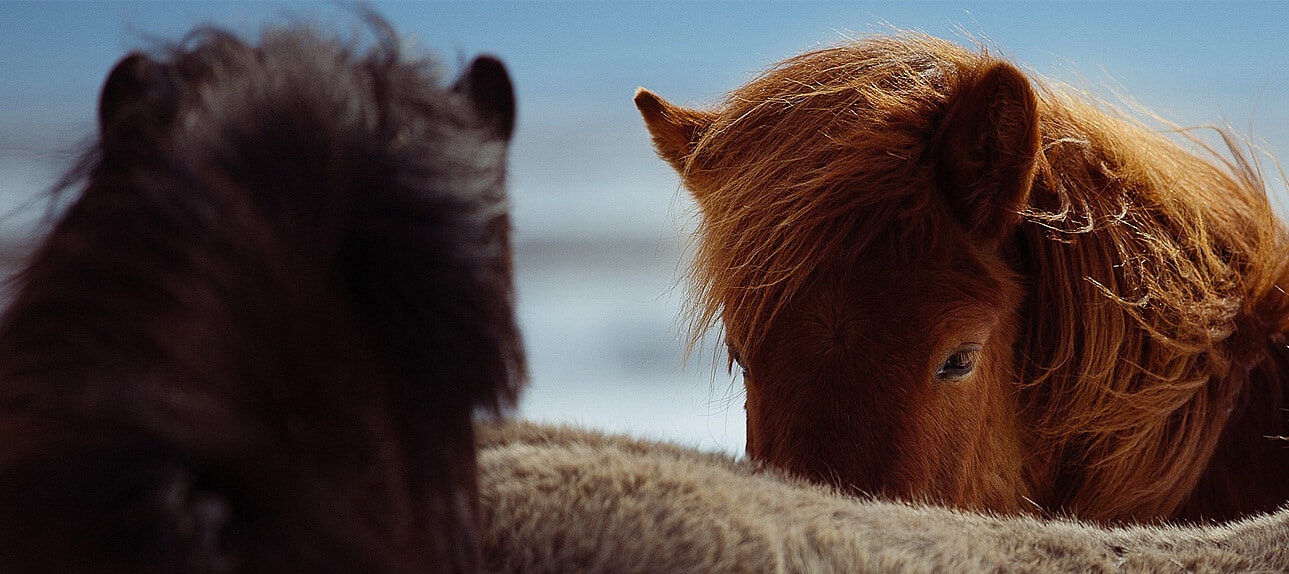
The plan of summer horseback riding (12 days)
Day 1
- Meeting of the participants of the expedition at the airport of Shemietiev in Moscow and the evening flight to Abakan.
Day 2
- Arrival to Abakan ( 8:45 a.m., time difference +5 h).
- Breakfast and departure (400 km) to an ethnic base in the steppes at the coast of Yenisei, Aldin-Bulak.
- Accommodation in yurts.
- Road to the base. It is made of asphalt, but it runs through the peaks of the Sayana Mountains, where you can feel the beauty and wilderness of these areas already at the beginning.
- In the middle of the distance, a short break among the Sayan peaks, and then the downhill to the lowlands. And here you will discover the views of endless steppes.
- Arrival to the base and accommodation in yurts.
- Lunch and rest after the journey. For those who are not tired of travelling, there is a possibility to go in a mountainous steppe by Jeep or on the Yenisei river trip. Info link. The evening meeting and discussion of the details of the expedition. Grill on the bank of Yenisei and a concert of Tuvia throaty singing.
Day 3
- Breakfast and de-registration from the base. Travel by car to the city of Kyzyl (40 km).
- Free time, for those who would like to visit the Orthodox churches and Buddhist temples with a guided tour, and a meeting with Lopsan Chamza’s Lama, who on his behalf will ask the gods for the success of the expedition. Then the meeting with a Tuvian shaman, who with his ritual will win the evil powers and ghosts out of us.
- Lunch meeting.
- After lunch, trip to the target base (90 km) at the Yenisei river where horses live. The route of the expedition passes through the steppe and the taiga.
- A ferry crossing across the Yenisei River.
- Getting the target late in the evening.
- An evening barbecue, and the opportunity to take advantage of the sauna.
- DCIM102GOPRO
Day 4
- On that day the tourist part of the trip ends and the expedition begins. Lack of sleep and tiredness will be our everyday life now. Since now, all participants, especially the organisers, will have something to do. Servicing horses, preparing the camp and meals.
- After breakfast we prepare ourselves for the horse riding expedition. Packing of equipment, selection of horses and saddle.
- Lunch and route southwards to the Mongolia border.
- During ride, the horseback will be our only resting place.
- At the beginning, the route runs through gentle taiga mountains. We will cross the small rivers on horseback.
- In the evening, camping and nights in tents on the bank of Yenisei.
- For fishing enthusiasts, there is a fantastic opportunity to fish for grayling, trout and taimen.
Day 5
- Continuation of the expedition.
- Dismantling the camp site, saddling horses.
- Pass through mountains and taiga.
- In the evening, camp assembly and daily service of horses.
- For persistent hunters, it is possible to go hunting. Due to the limited amount of luggage we will have limited eatables, so we will be forced to get some food in taiga by catching fish or hunting for animals. The meat or fish can also be exchanged in villages for other products such as eggs, milk or bread.
Day 6
- Continuation of the expedition.
- The ferry crosses the Yenisei River to the village of Old Believers.
- Getting to know the local population. Getting to know the people culture, religion and their ability to survive in a village cut off from civilisation.
- In the evening we will benefit from the famous hospitality of Siberians: evening feast and sauna.
- Accommodation in the homes of Old Believers. For persistent ones, we recommend to extend the hospitable evening with Siberians and wait until breakfast, sharing the experiences together!
- DCIM102GOPRO
Day 7
- Breakfast in the village, replenishing food and water.
- Continuation of the expedition.
- The further part of the route goes through a mountainous steppe.
- In this part of the expedition, the climate will change and the temperature will be about +30/40℃
- Accommodation at the Tuvian nomads’ yurts.
Day 8
- A day of rest and acquaintance with the everyday life of nomads on the steppes.
- After the whole day of unsuccessful attempts to communicate with the natives, we perform the traditional sheep roasting.
- The evening feasts with hosts of yurts and another attempt to communicate in the language of shepherds.
Day 9
- We eat breakfast and we go to the shores of Yenisei, where boats will be waiting for us.
- On this day we say goodbye to horses and their owner – Grigori.
- Grigori customarily gives us a modest gift.
- Boat packaging.
- Return road – rafting downstream the river
- Accommodation in the taiga.
- DCIM102GOPRO
Day 10
- Rafting continuation.
- Unlike people, the Siberian rivers are no longer so friendly, so for safety reasons all river thresholds and dangerous places we will pass on foot along the river bank.
- In the evening we arrive to the town of Kyzyl.
- Unpacking the boat and returning to the base with yurts. – Aldin-Bulak.
- Goodbye dinner.
- DCIM102GOPRO
Day 11
- Rest after the expedition and goodbye dinner;).
- For the interested ones, visiting the city, sightseeing tours, shopping for souvenirs and so on.
- In the evening we say goodbye to our Russian friends. And the Russians, according to their tradition, give us a gift of course.
- A short snooze and night trip to Abakan to the airport.
Day 12
- In the morning (09:55) exit to Moscow.
- Arrival in Moscow at 10:55 (time difference -5 h).
- After check-in, we exchange telephone numbers and e-mail addresses. And we arrange the next expedition!
- And the organizer, Raymond Baginski, during goodbye and before the departure to Stockholm, has for you still little souvenirs from the expedition.
After the expedition we all return to our comfortable and warm homes, and our horses prepare for the winter with the temperature of -50°C!!! Do not forget about this during your trip!!


